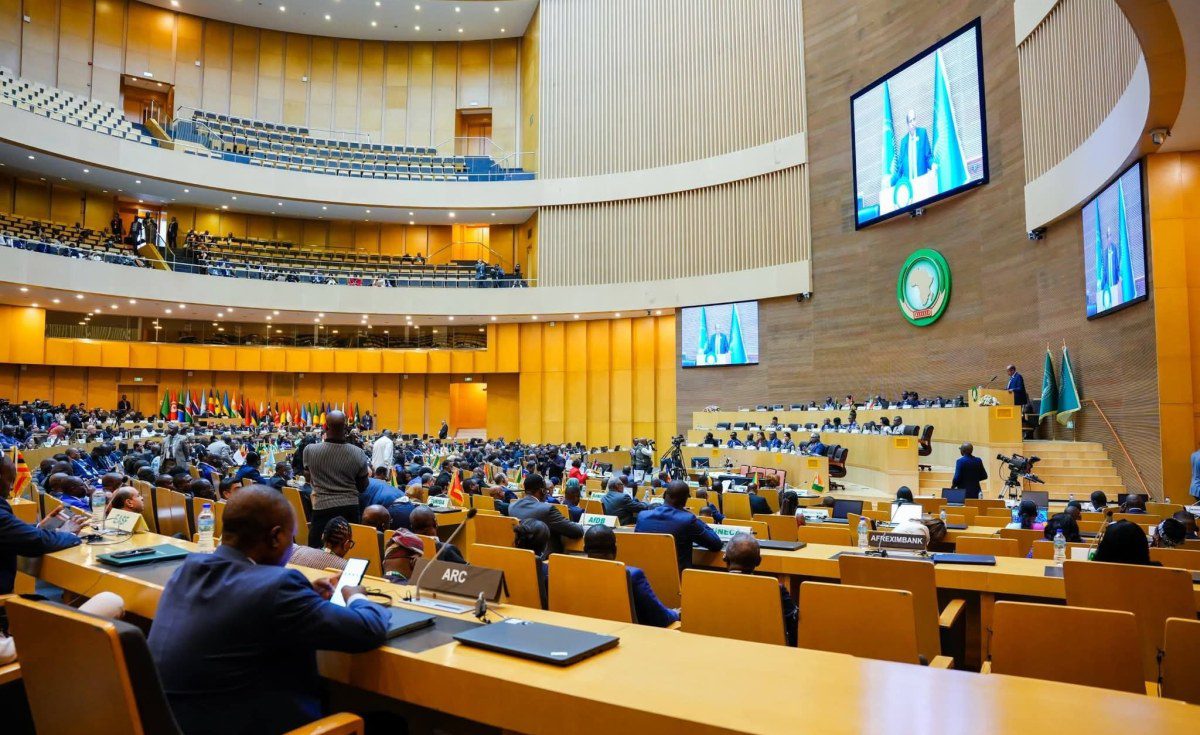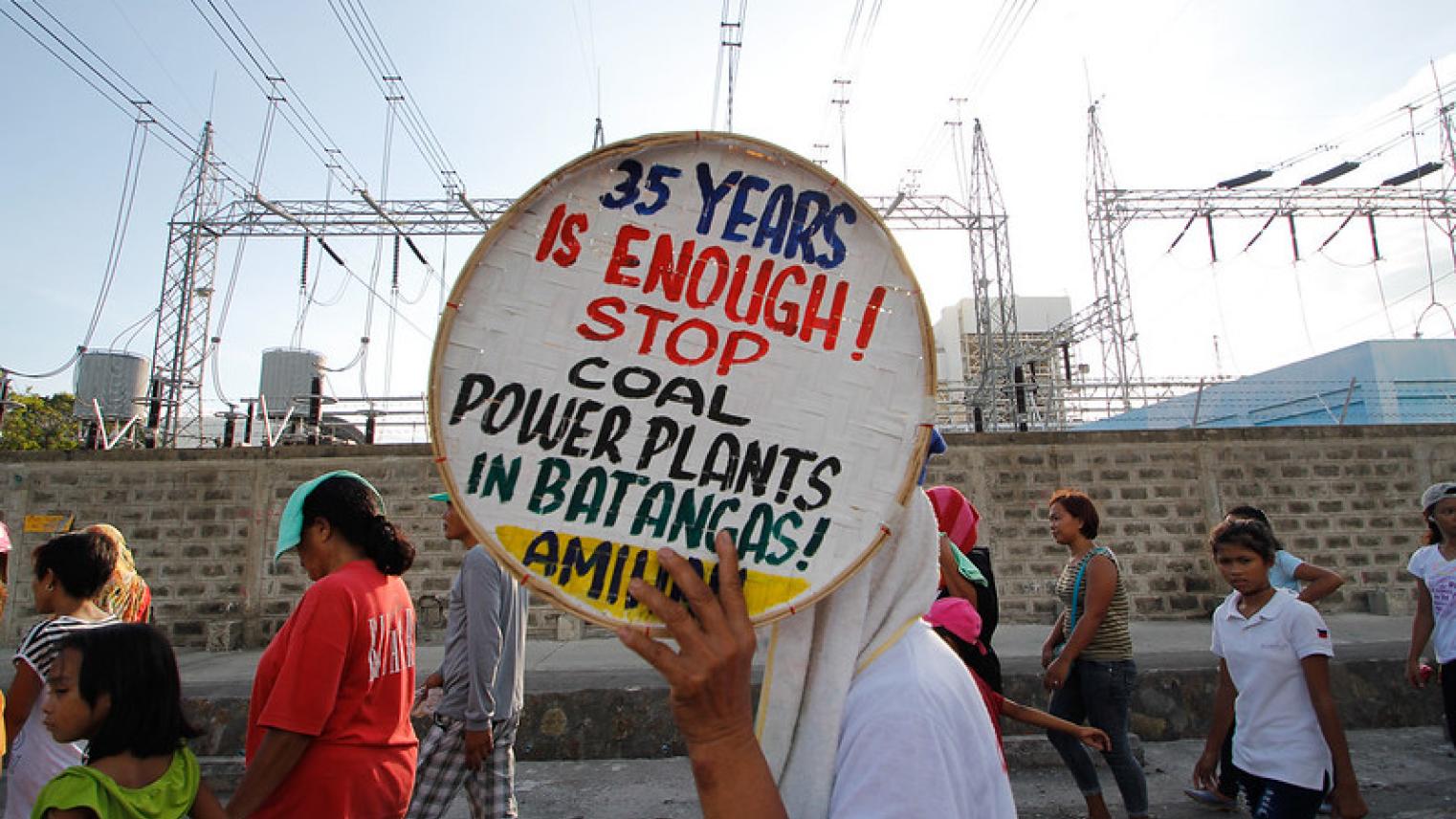Key Impact Points
- $100 Million Investment in Forest Carbon Projects: TotalEnergies partners with Anew Climate and Aurora Sustainable Lands to advance sustainable forest management across 300,000 hectares in 10 U.S. states.
- Environmental Benefits: The projects aim to reduce timber harvesting, protect biodiversity, improve soil and water quality, and increase carbon storage.
- Carbon Credits for Emission Offsets: TotalEnergies will acquire and retire the carbon credits generated from these projects after 2030 to offset its Scope 1 & 2 emissions.
Overview
TotalEnergies has signed a $100 million agreement with Anew Climate, a North American leader in climate solutions, and Aurora Sustainable Lands, a U.S.-based carbon-stewardship company, to support sustainable forest management projects across the U.S. These projects will span 300,000 hectares across 10 states, including Arkansas, Florida, Kentucky, Louisiana, Michigan, Minnesota, New York, Virginia, West Virginia, and Wisconsin.
The partnership focuses on Improved Forest Management (IFM) practices that protect forests from heavy timber harvesting and enhance their ability to sequester more carbon. By advancing sustainable forest practices, the projects will contribute to long-term climate resilience, as well as other environmental benefits such as biodiversity protection, improved water and soil quality, and natural habitat conservation.
Adrien Henry, Vice President of Nature Based Solutions at TotalEnergies, emphasized the importance of this initiative: “We are thrilled to partner with such experienced specialists as Anew Climate and Aurora Sustainable Lands, who develop high-quality projects aimed at the sustainable preservation of natural carbon sinks which is essential to achieve carbon neutrality.”
A New Path for Sustainable Forest Management
The Anew Climate and Aurora Sustainable Lands teams will provide operational oversight to ensure that the carbon projects meet high standards of additionality and durability. This includes preventing over-harvesting and applying sustainable forest management practices that allow the forests to continue acting as natural carbon sinks.
Change the World - Subscribe Now
The carbon credits generated by these projects will be acquired by TotalEnergies and retired beyond 2030, after prioritizing emission avoidance and reduction efforts. The credits will be used to offset the company’s remaining direct Scope 1 & 2 emissions.
Angela Schwarz, CEO of Anew Climate, expressed her enthusiasm for the collaboration: “As we worked closely with the TotalEnergies Nature Based Solutions team throughout the stringent due diligence process, it was clear that their commitment to avoiding and reducing emissions as a first principle, while recognizing the co-benefits of investing in meaningful carbon projects, aligned perfectly with Anew’s mission.”
Related Article: Ocean Floor’s Shape and Depth: Key to Carbon Storage
Aligning with U.S. Government’s Voluntary Carbon Market Principles
TotalEnergies’ investment is also aligned with the Voluntary Carbon Markets Principles issued by the U.S. government in May 2024. These principles focus on ensuring integrity, transparency, and environmental protection in carbon markets. TotalEnergies has welcomed these guidelines and incorporated them into its climate strategies.
Adrien Henry reaffirmed the company’s commitment to these principles: “TotalEnergies has very positively received the U.S. government’s recently published guiding principles on Voluntary Carbon Markets and is committed to follow them to contribute to strengthening integrity and transparency in these markets.”
Conclusion
TotalEnergies’ $100 million investment in U.S. forest carbon projects reflects the company’s broader commitment to sustainability and carbon neutrality. Partnering with Anew Climate and Aurora Sustainable Lands, the projects aim to preserve forests, enhance carbon storage, and contribute to climate resilience. Through these efforts, TotalEnergies is playing a key role in advancing sustainable forest management and meeting global carbon reduction goals.

 Follow SDG News on LinkedIn
Follow SDG News on LinkedIn











